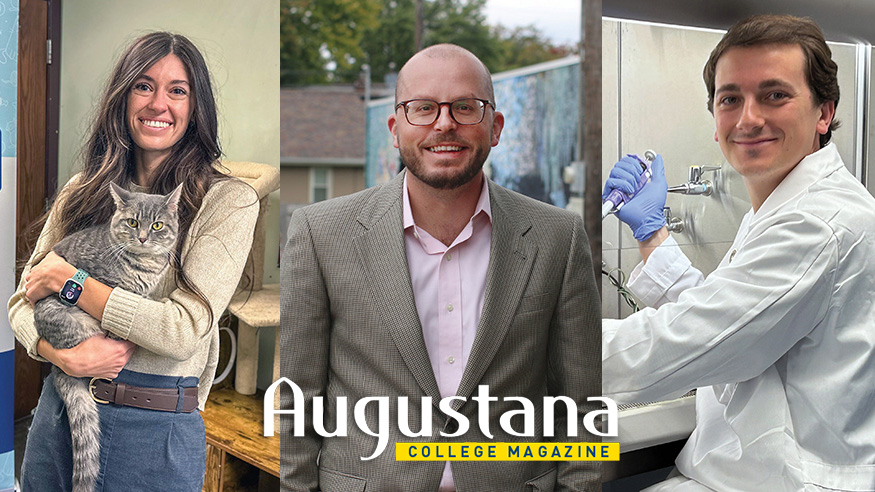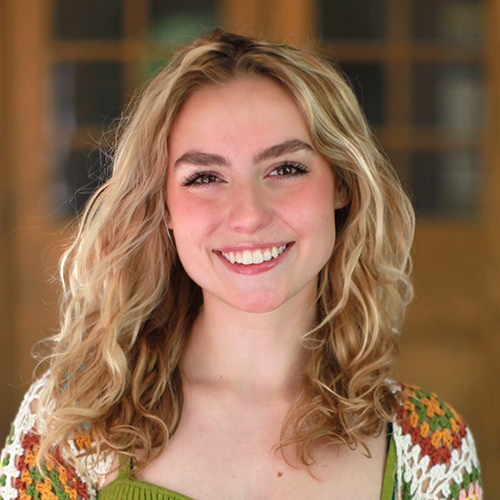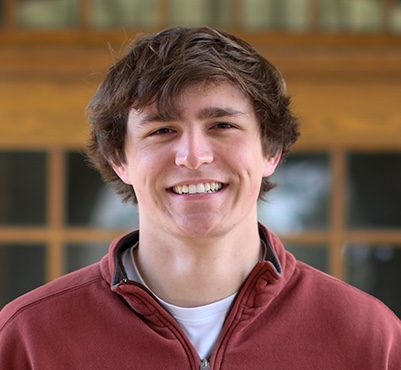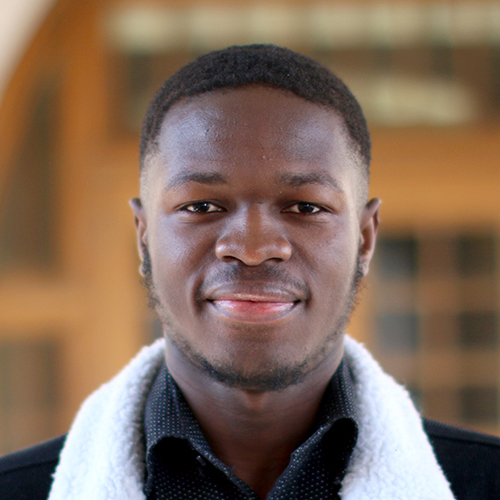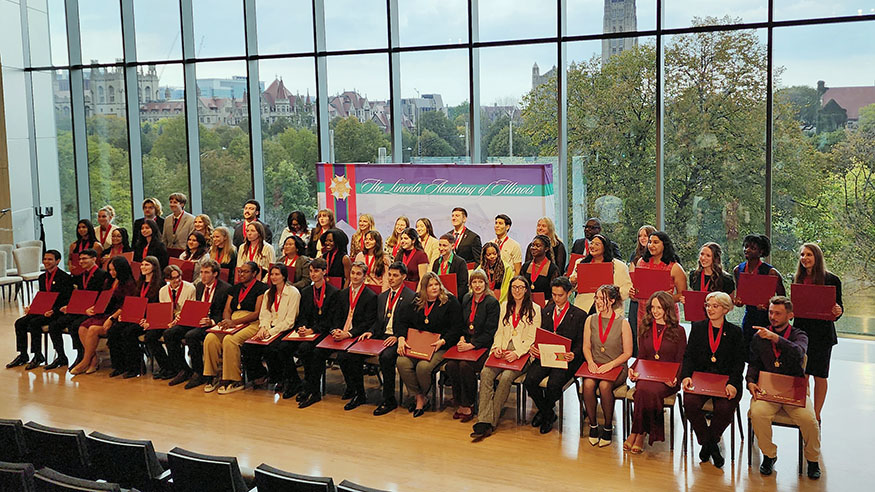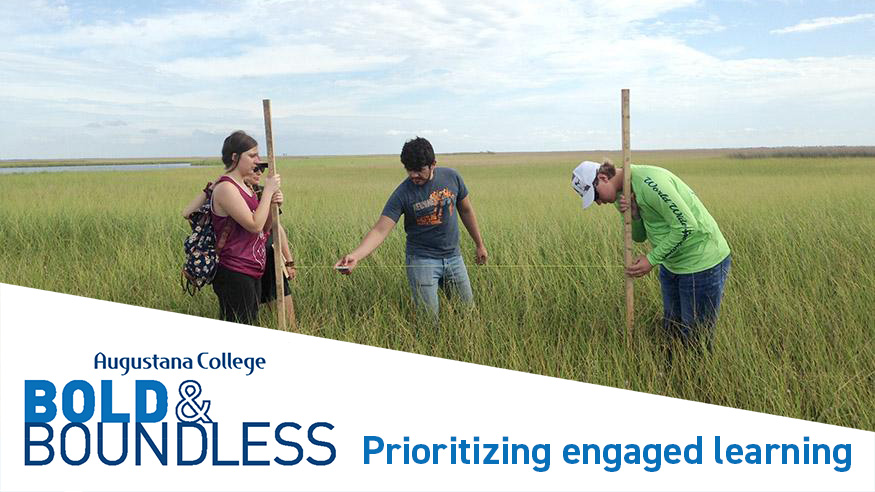At Augustana, your fascination with landscapes and human-environment interactions can take you down many career paths: urban planning, community development, environmental management and protection, Geographic Information Systems (GIS), cartography, teaching, foreign service and more.
Augustana's major and minor in environmental studies and geography helps students understand environmental and geographic problems so they can navigate complex issues at multiple scales and begin to influence change. In the program, students use social and natural science techniques and geospatial technologies to understand key global and local issues, including climate change, sustainability, urbanization, resource management and environmental justice.
You'll take courses in biology, geology, political science, economics and sociology and anthropology. You’ll make connections between related fields throughout the liberal arts. And through your professors’ connections to community partners and resources, you’ll find career-boosting opportunities such as internships, work and field experience in the Quad-Cities metro area along the Mississippi River.
Augustana also offers a minor in geographic information science and technology (GIS), which focuses on skills in geospatial analysis. Students can also enroll in a 3+3 Master of Landscape Architecture coordinated degree program with University of Illinois at Urbana-Champaign.
Humans live at the intersection of the natural and the built environments, and that’s why environmental studies and geography is a necessary and fast-growing field. Your passion for the environment can turn into working on solutions for the environmental challenges of the 21st century.
Distinctions
